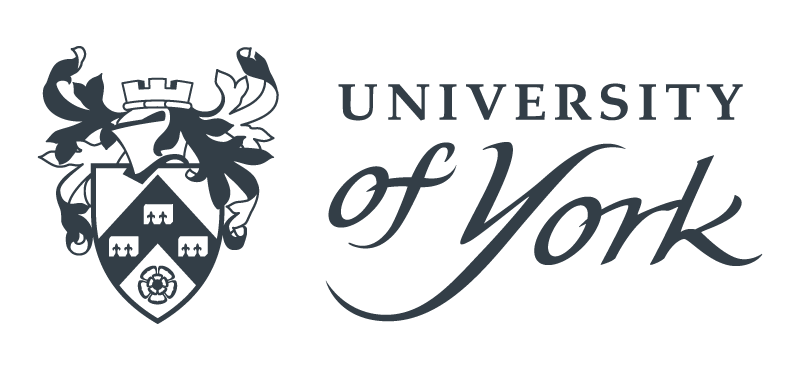Ndlovu, N. (2013). Ownership of heritage resources in South Africa: challenges and opportunities. Internet Archaeology 33: Portable Antiquities: archaeology, collecting, metal detecting. Vol 33, https://doi.org/10.11141/ia.33.5.
Title The title of the publication or report |
Ownership of heritage resources in South Africa: challenges and opportunities | ||
|---|---|---|---|
Issue The name of the volume or issue |
Internet Archaeology 33: Portable Antiquities: archaeology, collecting, metal detecting | ||
Series The series the publication or report is included in |
Internet Archaeology | ||
Volume Volume number and part |
33 | ||
Biblio Note This is a Bibliographic record only. |
The ADS have no files for download on this page but further information is available online, normally as an electronic version maintained by the Publisher, or held in a larger collection such as an ADS Archive. Please refer to the DOI or URI listed in the Relations section of this record to locate the information you require. In the case of non-ADS resources, please be aware that we cannot advise further on availability. | ||
Licence Type ADS, CC-BY 4.0 or CC-BY 4.0 NC. |

Creative Commons Attribution 3.0
International Licence |
||
Publication Type The type of publication - report, monograph, journal article or chapter from a book |
Journal | ||
Abstract The abstract describing the content of the publication or report |
The concept of ownership is highly political. Ownership provides power to the one legally seen as an owner or those tasked with the responsibility to protect and preserve heritage resources. This is no different when it comes to heritage resources, whose ownership is always contentious. The main reason for such contention is because ownership impacts on those who value objects in different ways. For example, the nature of access to heritage resources approved for people who may still attach spiritual values. As a direct result, the relevance of such heritage resources to such people may be brought into question, as the need to have them available to all citizens gain momentum. Heritage resources in South Africa have been subject to legislation since 1911, when the Bushmen Relics Act was passed. Since then, much other legislation and amendments have been passed over the years. They all aim to protect different kinds of heritage resources. Central to protection efforts is a decision to have the ownership of heritage resources put under the national estate. Ownership of heritage under South African heritage legislation will be discussed in this article. Drawing on case studies from southern Africa, the main aim of the article is to identify the challenges and opportunities attached to such a form of ownership. Opinions relating to the best approach to ownership of heritage resources are offered. | ||
Year of Publication The year the book, article or report was published |
2013 | ||
Source Where the record has come from or which dataset it was orginally included in. |

ADS Library
(ADS Library)
|
||
Relations Other resources which are relevant to this publication or report |
|
||
Created Date The date the record of the pubication was first entered |
26 Mar 2019 |





